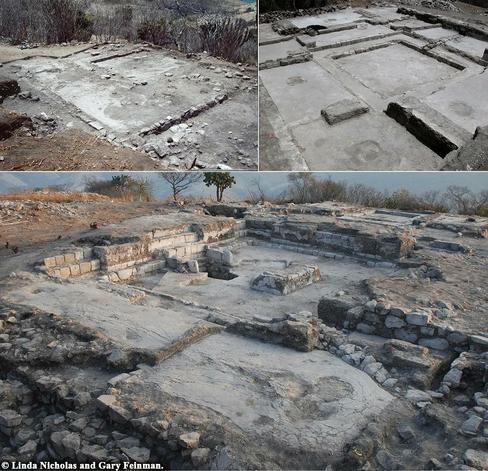New study reveals wealth inequality was never inevitable
A groundbreaking study published in the journal PNAS is overturning traditional wisdom regarding the origins and inevitability of wealth inequality. Based on a massive dataset of over 50,000 houses in some 1,000 archaeological sites worldwide, the study suggests that economic inequality is not an inevitable result of societal advancement, agriculture, or population...
More information: https://archaeologymag.com/2025/04/study-reveals-inequality-was-never-inevitable/
Follow @archaeology



